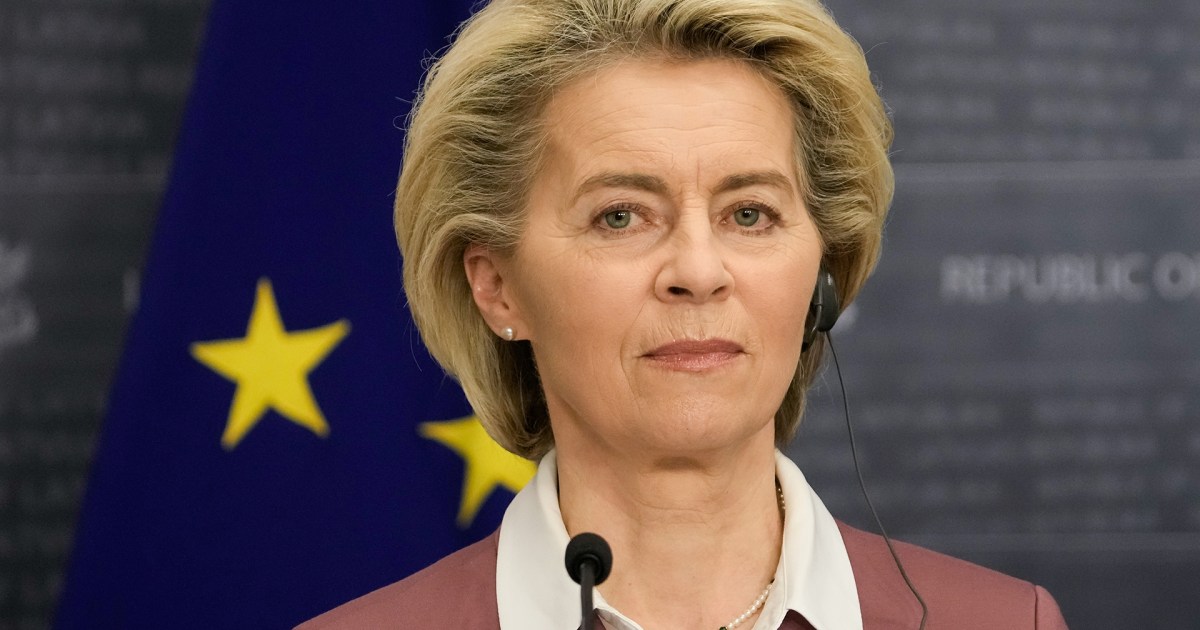To combat China's influence on poor countries, Europeans are allocating 300 billion euros in the digital, energy and transport sectors as well as education.
The European project will be considered an alternative to the Chinese "New Silk Roads" strategy, and will be presented as a model for respecting human rights.
"We want projects to be implemented with a high level of transparency, good governance and quality," European Commission President Ursula von der Leyen said during a press conference.
In her State of the Union address on September 15, she announced the launch of the Global Gateway.
"We are very good at financing roads. But it doesn't make sense for Europe to build a perfect road between a Chinese-owned copper mine and a Chinese-owned port. We have to be smarter about these kinds of investments," the European Commission President stressed.
Brussels has presented a new strategy to raise up to 300 billion euros in public and private funds by 2027 in infrastructure projects around the world, in a European response to the growing influence of China.
Westerners blame Beijing for encouraging emerging countries to over-indebted
The project, called "Global Gateway", will bring together resources from the European Union, the 27 member states, European financial institutions, national development institutions as well as private sector investment, according to a statement issued by the Commission.
"Investments in the digital, health and climate sectors, energy and transportation, as well as education and research will be a priority," the document said.
In 2013, Beijing launched its global investment strategy "New Silk Roads", the flagship project of President Xi Jinping.
Officially called the "Belt and Road", it aims to develop land and sea infrastructure to better connect China with Asia, Europe and Africa.
China has allocated about 140 billion dollars (124 billion euros) of investment, according to its official data.
Commission President Ursula von der Leyen: "We are very good at financing roads, but it doesn't make sense for Europe to build a perfect road between a Chinese-owned copper mine and a Chinese-owned port. We have to be smarter about these kinds of investments."
Westerners see this project as a tool to extend China's influence on poor countries, and they blame Beijing for encouraging emerging countries to over-debt, criticize non-transparent solicitations, suspect corrupt practices, and denounce the lack of respect for human rights and the environment.
The European strategy fits with the G7 plan to offer an alternative to the new Silk Roads for developing countries, which was presented in June at the summit of the major industrialized nations in Cornwall, Britain.

